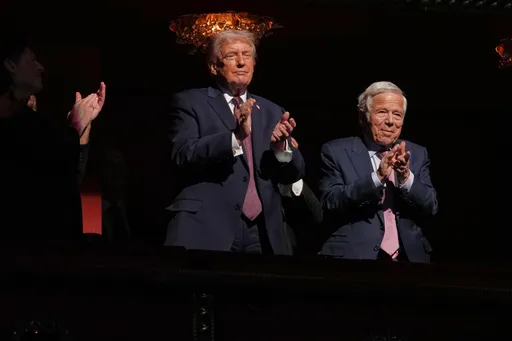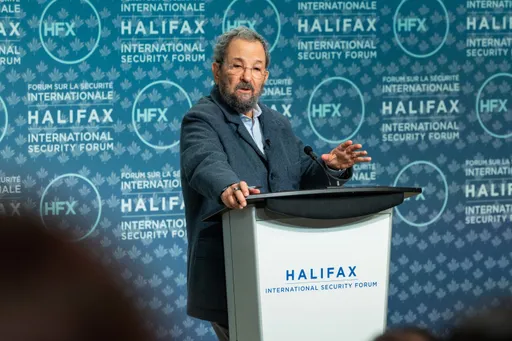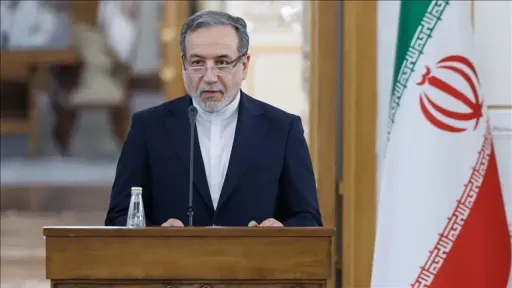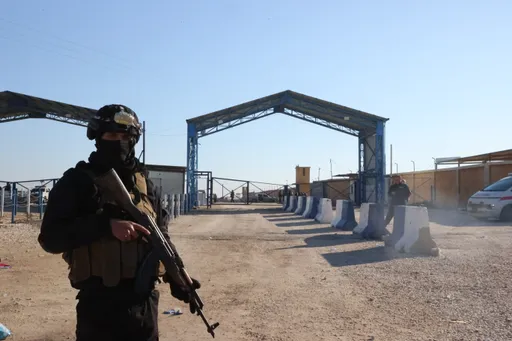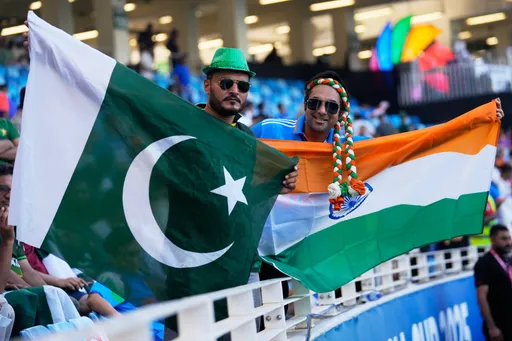Despite reports of division among the group, the Taliban is more united today since the fall of its regime in 2001 and is unlikely to split up in the coming years, former Afghan officials, sources within the group and analysts say.
Since the Taliban took over the capital Kabul last month, reports of intra-party conflict emerged in the public sphere, purportedly fueled by the "political-military divide" and the non-inclusive interim government that is objected by the group's moderate leaders.
Several reports have provided details of physical altercation earlier this month between the leaders of moderate and hard-line camps: one led by Mullah Baradar, the Taliban government's newly appointed deputy prime minister; and the other by Khalil ul Rahman Haqqani, Afghanistan's new refugees minister and leader of the Taliban's Haqqani Network faction.
If these reports of internal tensions are accurate, such deep-seated disharmony may intensify in the coming weeks especially when the group is trying to gain international legitimacy and tackle domestic crisis, including the threat posed by Daesh, also known as the Islamic State Khorasan (IS-K).
With that being said, reports of the Taliban infighting should not be exaggerated either.
Like many other political organisations, there will be multiple power bases within the Taliban movement, which would compete for positions and privileges, but that has rarely ever translated to the emergence of fissures within the movement, analysts and experts say, adding that movement and its top leadership value unity above all considerations.
"The Taliban are the most unified organization in Afghanistan. There has never been a significant split in the organization. There are many differences and rivalries that are seized on by their opponents as evidence that the Taliban are divided, but they have never been divided in practice. The CIA spent $1 bn trying to split the Taliban and failed," Barnett Rubin, a former State Department official and an academic involved in peace talks with the Taliban who is now a non-resident fellow at the Center on International Cooperation of New York University, told TRT World.
The matters of consensus
In recent days since the group took power last month, reports of abusive treatment by Taliban fighters in Kabul and reprisals against members of the former government and military and civil society activists emerged despite promises of amnesty by the Taliban, raising alarm that Afghanistan's new rulers might be facing problems in controlling forces on the ground.
In the past, however, despite navigatingthe political and military divide, the Taliban has almost always managed to put up a show of unity, especially when the group announced brief spells of truces, its fighters on the ground laid down their arms.
Ibraheem Bahiss, an expert on Afghanistan with Crisis Group, explains that the Taliban operated in a decentralised fashion as an insurgent force, offering local commanders leeway to formulate policy at their discretion. There is a growing sense in the movement that some commanders are continuing to exercise that prerogative.
"I sense the leadership is taking incremental steps to exercise greater control over local commanders and rank and file. Recently, the Taliban established a "cleansing the ranks" commission that will seek to purge irreconcilable elements from the movement. I think this is driven by their desire to enforce greater discipline within the movement," he said.
Now as some prominent Taliban social media activists have been denying any differences whatsoever, TRT World's detailed discussions with the Taliban figures present a more nuanced picture.
“There’s been a lot of propaganda against us. Some outright lies and fabrications such as reports of infighting between Taliban leaders,” said a Taliban official from the Ministry of Information and Culture who asked not to be identified.
“Yes there are some differences over ijtihaadi matters and there are debates within,” he added.
‘Ijtihaad’ in Islamic jurisprudence refers to the process of deriving rulings from the Quran and the sayings and practices of Prophet Muhammad as well as using other tools such as analogical reasoning.
“Mullah Haibatullah Akhundzada is opposed to photography and video-making. But many scholars within the Taliban are okay with digital photography and video-making. Amir-ul-Momineen has given them the freedom to act according to their view on the matter,” he explained.
Senior Taliban figure Anas Haqqani told TRT World that if the group was interested in power and privilege, "we could have easily obtained it in the early days of US occupation. There were many opportunities. But we stood together and made sacrifices for our principles. We are united by Islam".
There are debates within the Taliban over the role and participation of women in public life.
While some members support a hardline view, many others are in favour of greater participation by women based on evidence from Islamic theology and history.
They have been pushing for a more inclusive government with women in various positions.
In a discussion with TRT World, one Taliban figure who is also a mufti (religious scholar qualified to issue Islamic edicts) pointed out that there’s a provision within Hanafi jurisprudence for women to be judges and hold other senior public offices. He acknowledged that some hardliners cannot substantiate their position from an Islamic legal perspective and their views are rooted in culture.
“It’s not easy to abandon a position that has been held by your forefathers,” he said.
Similarly, when it comes to girls' education, hardly anyone in the Taliban could deny the clear statements of Prophet Muhammad on the obligation of seeking knowledge for men and women.
Aisha, one of the wives of Prophet Muhammad, was a prominent scholar of Islam and a teacher to many prominent companions of the prophet.
Some hardliners have pushed for the suspension of girls' education until strict measures are applied to practice gender-based segregation.
Many senior Taliban figures, especially those who have lived abroad over the last few years, take a more lenient view on this matter.
While they are opposed to the suspension of girls' education, they believe that Afghan society is by nature fairly conservative and the overwhelming majority of people will abide by the Taliban's policies.
"I don’t think this division necessarily corresponds in any simple way to views on women, but certainly those with international exposure are more likely to be favourable to women’s participation in government," Rubin said.
Despite the United States and the former Afghan government's attempt to fragment the Taliban in the past, the Taliban has seized unprecedented amounts of territory over the years and secured a troop withdrawal deal with the United States. It then took control of Kabul without a single bullet fired, saw Ashraf Ghani flee the country and announced an interim government. Today, they govern Afghanistan.
"Opponents always exaggerate any disagreement and say that the Taliban is about to splinter but it has never happened. Now they are in a completely new situation, but their opponents are still engaged in wishful thinking and underestimating them," Rubin said.













